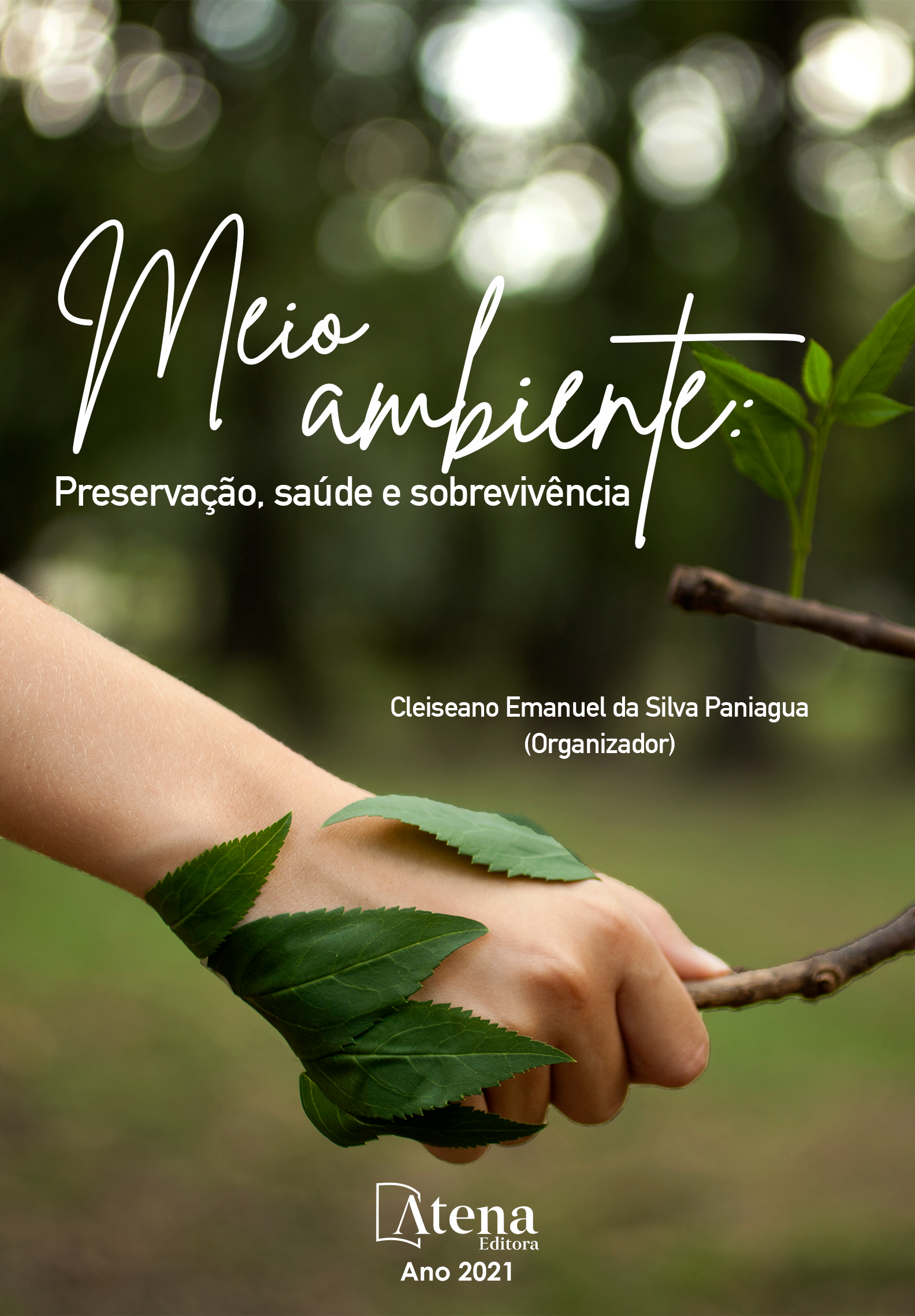
PROMOVENDO TRANSFORMAÇÕES ATRAVÉS DA DIVULGAÇÃO DE PLANTAS ALIMENTÍCIAS NÃO CONVENCIONAIS EM UMA ESCOLA DA BAIXADA FLUMINENSE
Este trabalho está baseado em um conjunto de ações de Educação Ambiental desenvolvidas com alunos do Ensino Médio em uma escola pública de Nova Iguaçu, periferia do estado do Rio de Janeiro. O projeto foi motivado pela percepção das condições de vulnerabilidades socioeconômicas da comunidade local, bem como pela qualidade de vida dos alunos e familiares. As atividades foram realizadas com base em metodologias ativas de pesquisa, debates e oficinas, objetivando um estímulo à autoestima e ao empoderamento dos participantes diante de condições desfavoráveis de vida às quais estão expostos, assim como o entendimento das potencialidades das PANCs ou Plantas alimentícias não convencionais e de seus próprios quintais, como recurso natural de geração de complementação alimentar e, até de renda. Foi possível observar o sucesso do projeto ao longo das atividades, pois os estudantes participaram de forma ativa, respondendo positivamente e gerando expectativas de mudanças de hábitos alimentares, mostrando que é altamente relevante a construção de conhecimentos visando qualificar alunos para uma postura crítica diante da problemática socioambiental, tendo como perspectiva a formação de uma cidadania que impulsione em direção ao tema da sustentabilidade.
PROMOVENDO TRANSFORMAÇÕES ATRAVÉS DA DIVULGAÇÃO DE PLANTAS ALIMENTÍCIAS NÃO CONVENCIONAIS EM UMA ESCOLA DA BAIXADA FLUMINENSE
-
DOI: https://doi.org/10.22533/at.ed.38221300725
-
Palavras-chave: Educação Ambiental; Escola; Plantas Alimentícias Não Convencionais; PANCs.
-
Keywords: Environmental Education; School; Non-Conventional Edible Plants
-
Abstract:
This work is a report that summarizes Environmental Education activities developed with high school students at a public school in Nova Iguaçu, a city located in the outskirts of the state of Rio de Janeiro. The project was motivated by the perception of the socioeconomic vulnerability of the local community, as well as the quality of life of students and their families. The activities were carried according to active learning methods in research, debates and workshops, so as to stimulate participants' self-esteem and empowerment in the face of the unfavorable living conditions to which they are exposed, and also understand the potential of Non-Conventional Edible Plants and of their own backyards as natural sources of food supplementation and, hopefully, income. It was possible to observe the success of the project throughout the activities: the students participated actively, offered positive feedback and created expectations for changes in their eating habits, which shows that knowledge construction is highly relevant in enabling students to be critical in facing socio-environmental problems, towards the development of a type of citizenship that fosters sustainability.
-
Número de páginas: 18
- Sandra Maíza dos Santos
- Vânia Lúcia de Pádua


